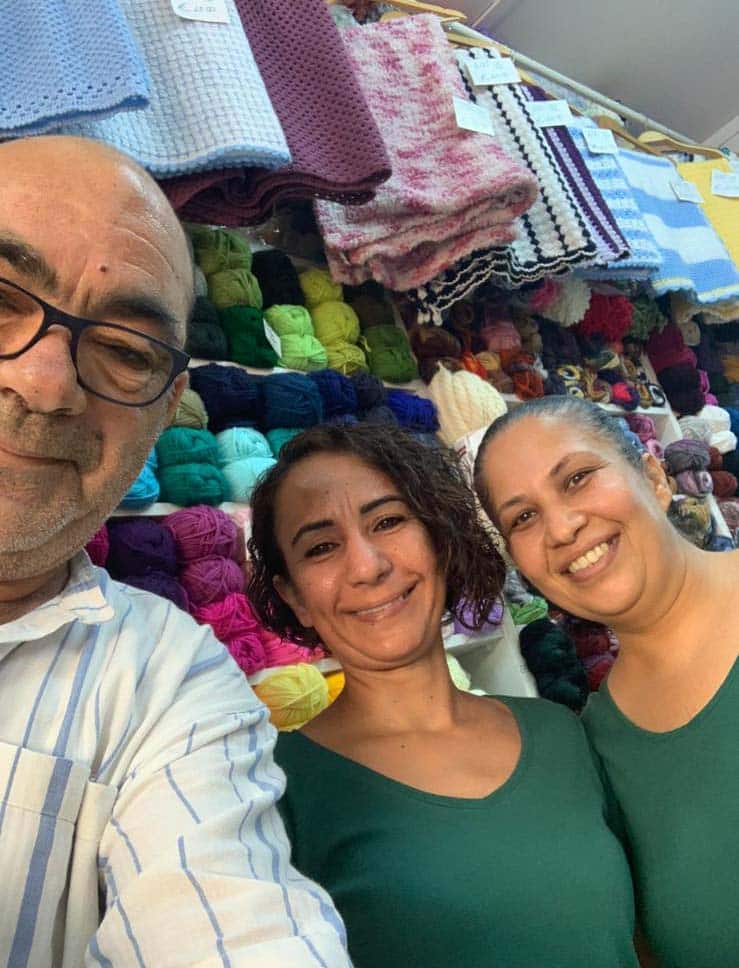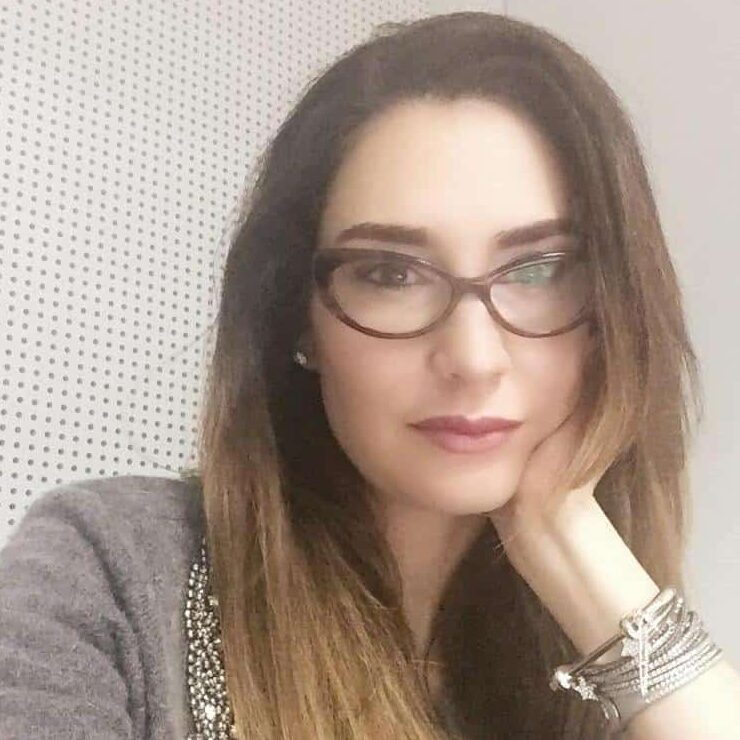Öntaç Düzgün was seriously contemplating closing down his small knitting and wool shop in the heart of the walled city in north Nicosia, when the crossing points opened and turned his business around.
“We used to sell nothing,” recalls the 66-year-old. “Many others closed down their shops. I would have done the same eventually.”
With the opening of the first crossing points in 2003, Greek Cypriots, taking advantage of the cheaper prices, started shopping in the north. This meant Düzgün could keep his business afloat. But the big turnaround for him happened in 2008 when the Ledra Street/Lokmacı crossing point opened, funnelling those who crossed almost past his door.
“Ninety per cent of my customers are Greek Cypriots,” Düzgün said. “The little children, who used to come here holding their parents’ hands when the crossing points first opened, are now young women,” Düzgün says. “And now they come here to say hello and shop.”
Düzgün, who was taking turns with his wife to attend the shop, had to hire four more people to meet the high demand.
“And we still are barely enough,” he said, adding proudly: “And all of my staff can communicate in Greek.”
According to Düzgün, every shop in the north of the walled city now has at least one staff member who can speak Greek. “They either took lessons or learned through daily practice here”.
Especially with the severe devaluation of the Turkish lira in recent years, the north has become very attractive for Greek Cypriot shoppers, who use euros. The lira lost 44 per cent of its value against the dollar in 2021 and a further 30 per cent in 2022. This has pushed the Turkish Cypriot economy into one of the worst financial crises of history. The Greek Cypriot spending has proven to be a significant contribution to the economy.
And according to Düzgün, this spending currently amounts to €70,000 daily.
The total contribution of the crossing points to the north’s economy is around an annual €200 million euros, according to economist Mertkan Hamit, or 12 per cent of Turkish Cypriot GDP.
But the opening of the crossing points did not only have economic benefits, Düzgün explains. The relations that started with trade have evolved into friendships. “Now I see at least 50 people, who are here daily, just having coffee and mingling with their Turkish Cypriot friends”.
In fact, repeated studies by academics Charis Psaltis and Deniz Yucel since 2007 show that in both communities, contact enabled by the opening of the crossing points led to the reduction of prejudice, trust building and an increase in will for renewed cohabitation.
Düzgün, who is originally from Polis in Paphos, was 17-years-old when he had to leave for the north with his family in 1974. The opening of the crossing points also meant he could go back to the house where he spent his childhood and teenage years.
“I have all my memories in that house, in that neighbourhood,” he said emotionally.
When he and his brothers found the house, now inhabited by a Greek Cypriot family originally from Yialousa in Rizokarpaso, he had mixed feelings: “something so close to me was now someone else’s private space.
“They were very kind,” he said with appreciation. “They offered us macun (glyka) and coffee. They said we could take a tour of the house. But we didn’t. That would make us feel like intruders.”
After this bittersweet experience Düzgün and his brothers have visited their house twice more.
“Now, even though we go to Polis every couple of months and spend the night there, we don’t go to our house. It would be very rude to go there every time and say ‘this house was ours.’ How many times can we inconvenience the poor family?”







Click here to change your cookie preferences